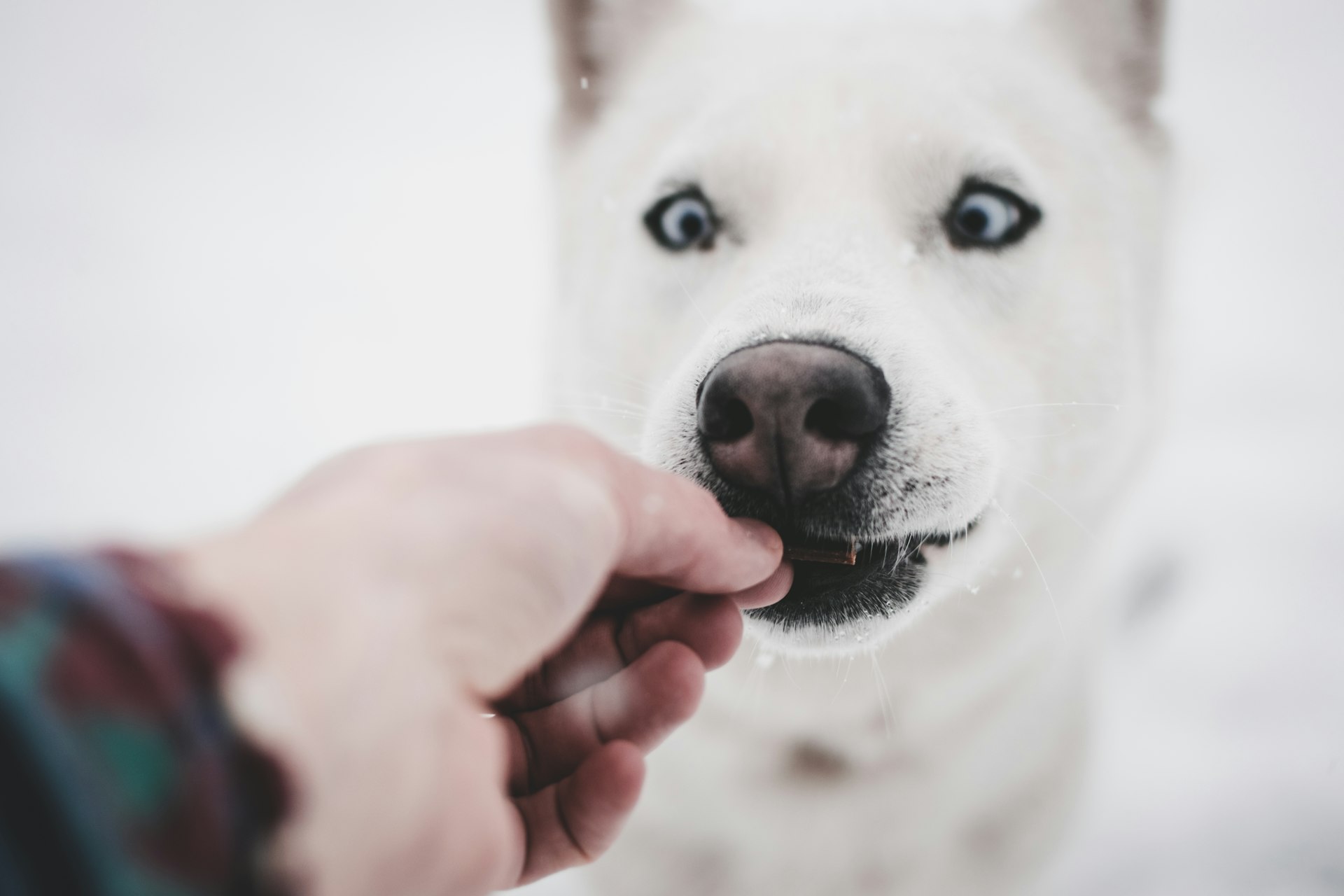
STOP Doing This! 11 Dog Feeding Errors That May Result in Serious Health Problems!
As pet owners, we all hope our furry pals are happy and healthy. Yet, did you know that a few simple feeding errors can hurt your dog's health badly? Steer clear of these 11 dog feeding errors to help your pup be in tip-top condition!
1. Feeding Table Scraps
While those cute puppy eyes may be hard to resist, giving table scraps can cause obesity, stomach problems, and even poisoning. Most human foods, such as chocolate, grapes, and onions, are poisonous to dogs.
2. Overfeeding
Excessive food causes obesity, which boosts the chances of diabetes, arthritis, and heart disease. Always adhere to portioning instructions on the basis of your dog's weight, age, and activity.
3. Feeding One Large Meal a Day
Dogs prefer routine. Having a single large meal results in bloating, lack of energy, and risk of torsion of the stomach. Meals should be divided into two or more portions and given during the day.
4. Failing to Give Fresh Water
Dehydration causes kidney issues and heatstroke. Ensure that your dog has a steady supply of clean, fresh water, particularly when it's hot or after playtime.
5. Overlooking Food Allergies and Sensitivities
There are some dogs who are allergic to food, resulting in itching, vomiting, and diarrhea. Some common allergens are wheat, dairy, and chicken. If your dog demonstrates signs of being uncomfortable, visit your vet about a change in diet to hypoallergenic food.
6. Giving Too Many Treats
Whereas treats are wonderful for training, excessive amounts can lead to weight gain and an unhealthy diet. Adhere to the 10% rule—treats should not exceed 10% of your dog's daily calorie allowance.
7. Failure to Read Food Labels
All foods for dogs are not equal. Some have toxic fillers, artificial preservatives, and low-grade protein sources. Choose high-quality dog food with real meat, whole grains, and necessary nutrients.
8. Abrupt Dietary Changes
Changing dog food too rapidly can lead to stomach upset, diarrhea, and vomiting. Always switch gradually over 7–10 days by mixing increasing amounts of new food with old.
9. Feeding Bones, Fat Trimmings, and Toxic Foods
Cooked bones may splinter and cause internal wounds, while fat trimmings cause pancreatitis. Also, refrain from feeding toxic foods such as xylitol, caffeine, and alcohol.
10. Not Feeding the Correct Diet for Your Dog's Life Stage and Size
Puppies, adult dogs, and older dogs require different nutrients. Large breeds might need joint care, whereas small breeds could need small kibble. Always select food suitable for your dog's life stage and size.
11. Not Paying Attention to Dental Health
Poor feeding practices, such as feeding only soft food, can result in dental issues. Add crunchy kibble, dental chews, or raw bones (vet-approved) to encourage healthy teeth.
Final Thoughts
Adequate nutrition is the key to a long, healthy life for your dog. Avoid these usual feeding errors, and you can keep your furry companion happy, energetic, and disease-free. Always seek advice from your vet for the optimal diet regime for your dog.
???? Was this helpful? Share this with other pet owners and help them keep their dogs fit too!
Related Posts:
SHOCKING: If Your Dog Bites Your Hand, Here Is What It Actually Means